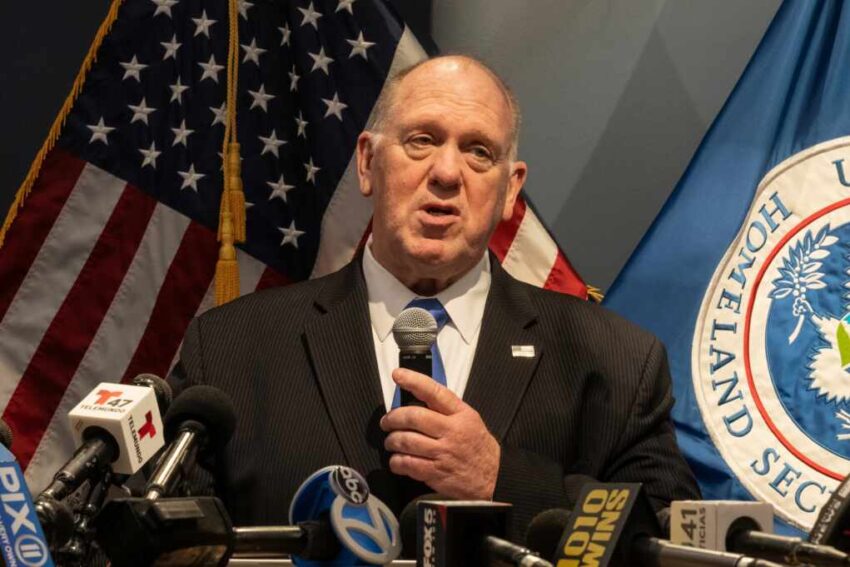White House Border Czar Tom Homan admitted he does not know the fate of eight men deported to South Sudan under a controversial policy that dumps foreign convicts in unstable countries with no oversight.
At a Glance
- The U.S. deported eight men to South Sudan despite most having no connection to the country.
- Tom Homan, the Border Czar, confessed he has no information on their whereabouts.
- The deportations occurred under Trump-era rules expanded in 2025.
- South Sudanese officials are reportedly “screening” the deportees.
- The U.S. is negotiating similar deportation deals with Rwanda and Costa Rica.
The Deportation That Disappeared
In a revelation that has shocked human rights advocates and government critics alike, Border Czar Tom Homan conceded that he has no idea where eight deported men are after they were forcibly sent to South Sudan. The men, convicted of violent crimes in the United States, were deported under a revived Trump-era policy that allows the government to expel foreign nationals to third-party countries—even if they have no connections to that nation.
Watch a report: Border czar Tom Homan unsure of status of the eight men deported to South Sudan
Initially held at a military base in Djibouti, the men were later transferred to South Sudan, one of the most volatile countries on the planet. Shockingly, only one of the eight had any ties to South Sudan; the others came from Myanmar, Cuba, Vietnam, Laos, and Mexico. When asked about their status, Homan stated, “They’re free as far as we’re concerned… Will they stay in Sudan? I don’t know.” His admission underscores a dangerous ambiguity: the United States has washed its hands of their fates, leaving them in a country that remains riddled with conflict and instability.
According to The Guardian’s investigative report, South Sudanese authorities confirmed the group is being “screened for safety” in the capital, Juba. However, what that process entails—or if it will ensure their security—remains opaque. The U.S. government has not provided monitoring or follow-up measures to ensure the deportees’ well-being.
A Dangerous Policy Spreads Globally
The deportations to South Sudan are just the beginning of what appears to be a broader strategy. The U.S. has already begun sending Venezuelan migrants to El Salvador, leveraging controversial third-country agreements that critics claim circumvent humanitarian obligations. Negotiations are underway with Costa Rica and Rwanda to accept deportees, despite concerns about political stability and human rights in those regions.
These tactics emerged after two Supreme Court rulings upheld the legality of third-country deportations, giving the executive branch a green light to pursue such policies aggressively. Yet, as legal scholars and human rights groups warn, the practice could amount to “dumping” people in nations ill-equipped to handle them—raising ethical questions about sovereignty, safety, and due process.
The absence of accountability in these deportations has drawn fierce criticism. If even the Border Czar admits ignorance about where deportees end up, what protections exist to prevent abuse, exploitation, or worse? For now, eight men remain lost in the system, their fates uncertain, while Washington presses ahead with a deportation model that leaves more questions than answers.
Click this link for the original source of this article.
Author: Editor
This content is courtesy of, and owned and copyrighted by, https://deepstatetribunal.com and its author. This content is made available by use of the public RSS feed offered by the host site and is used for educational purposes only. If you are the author or represent the host site and would like this content removed now and in the future, please contact USSANews.com using the email address in the Contact page found in the website menu.








